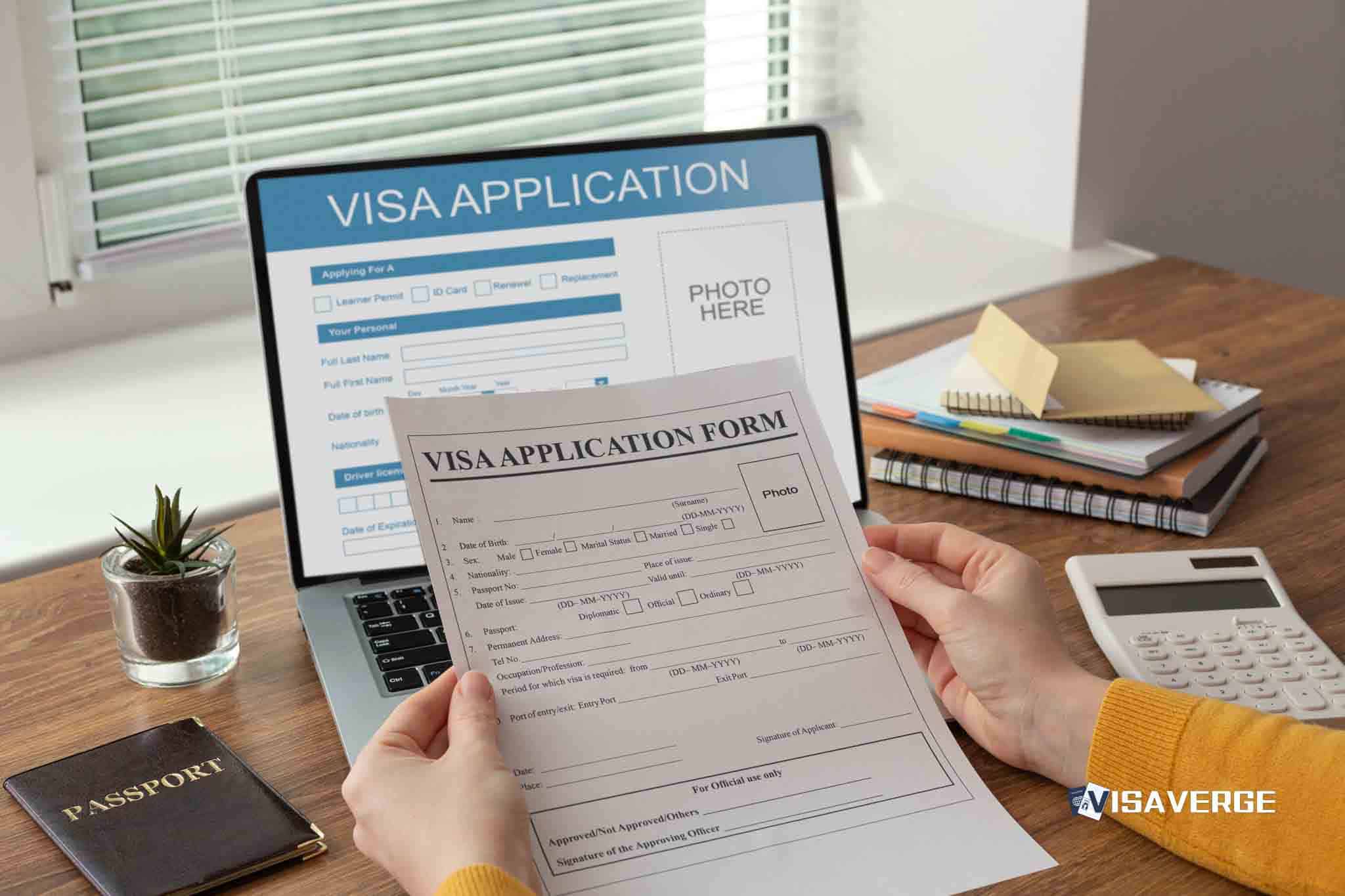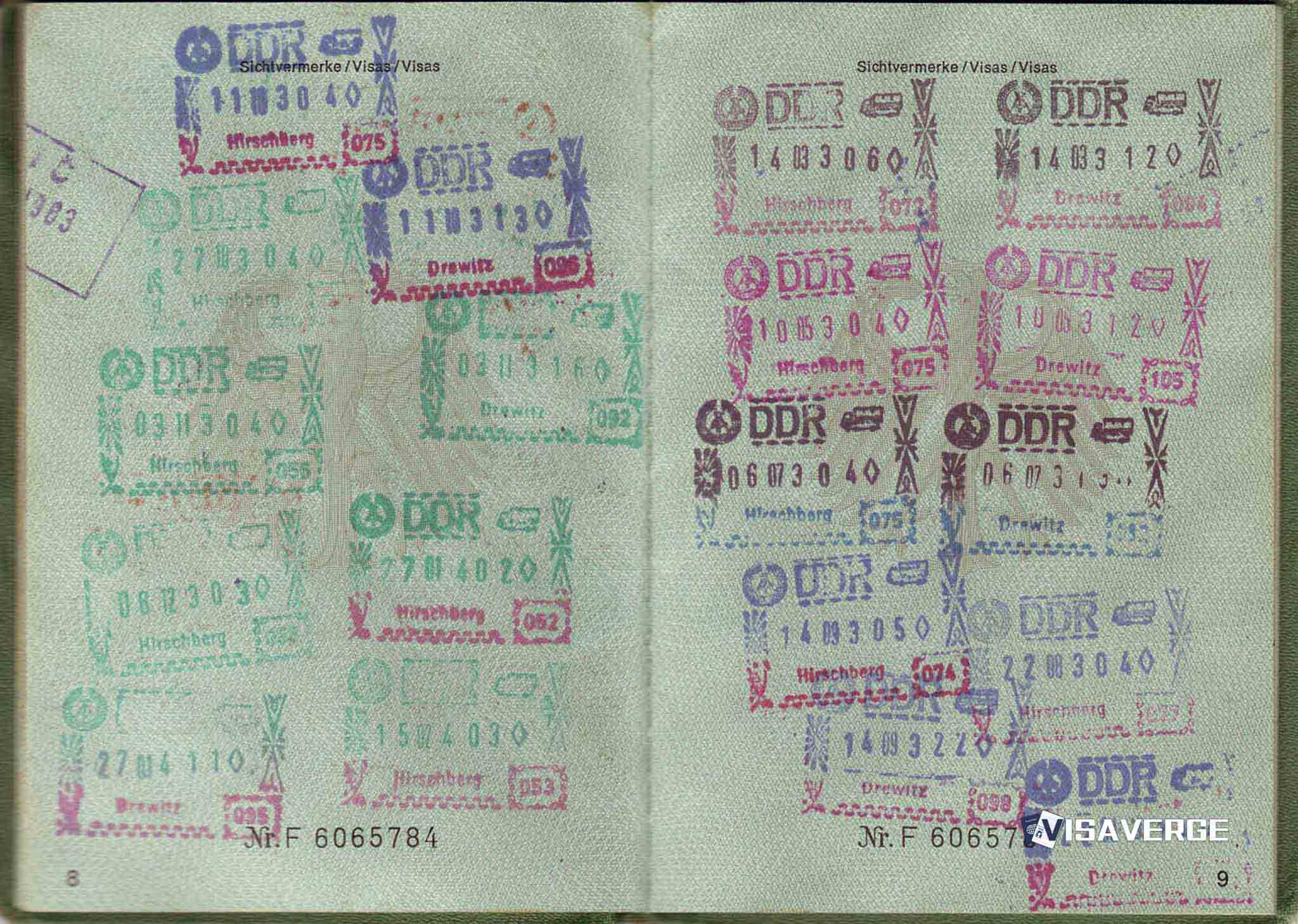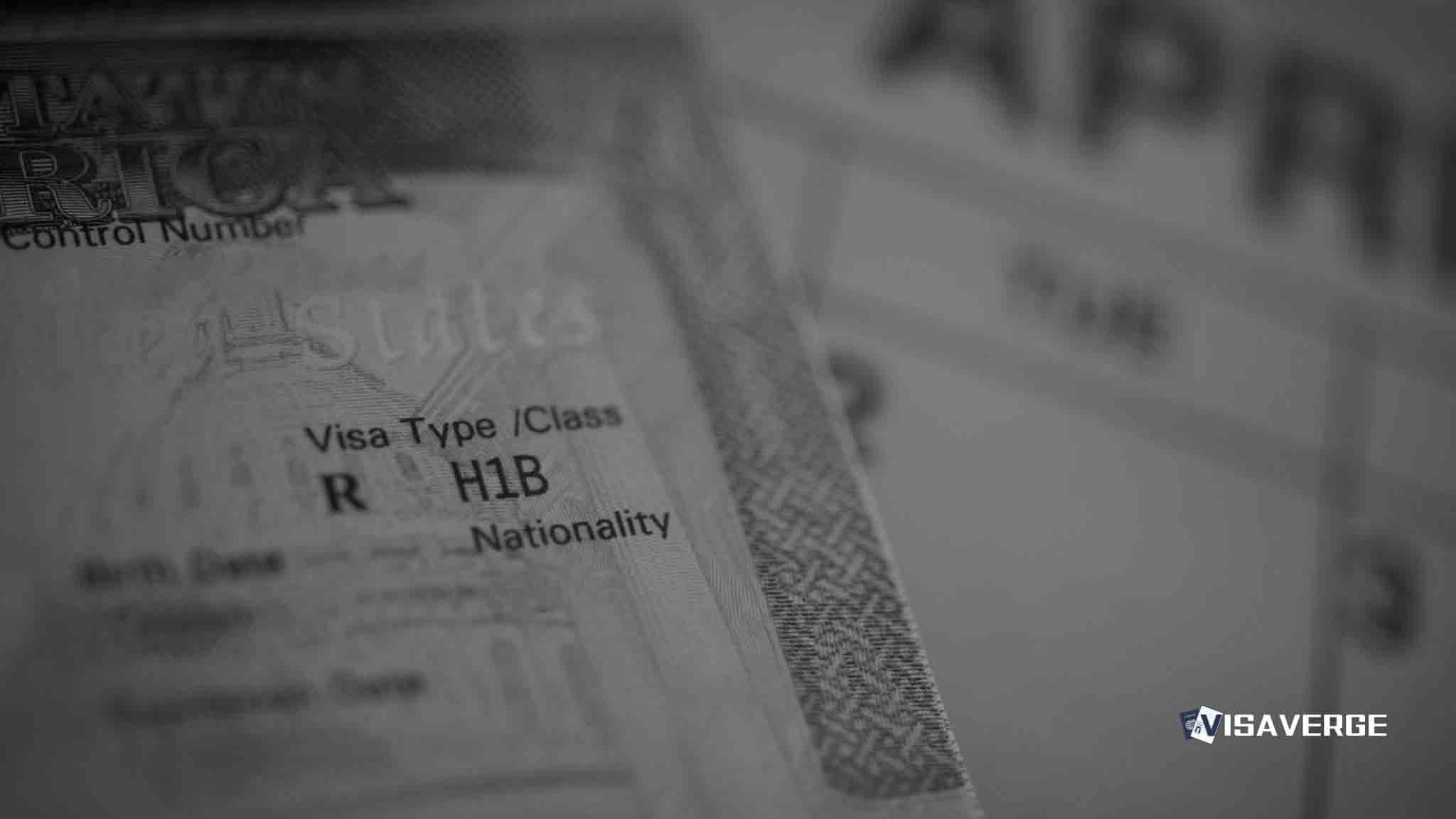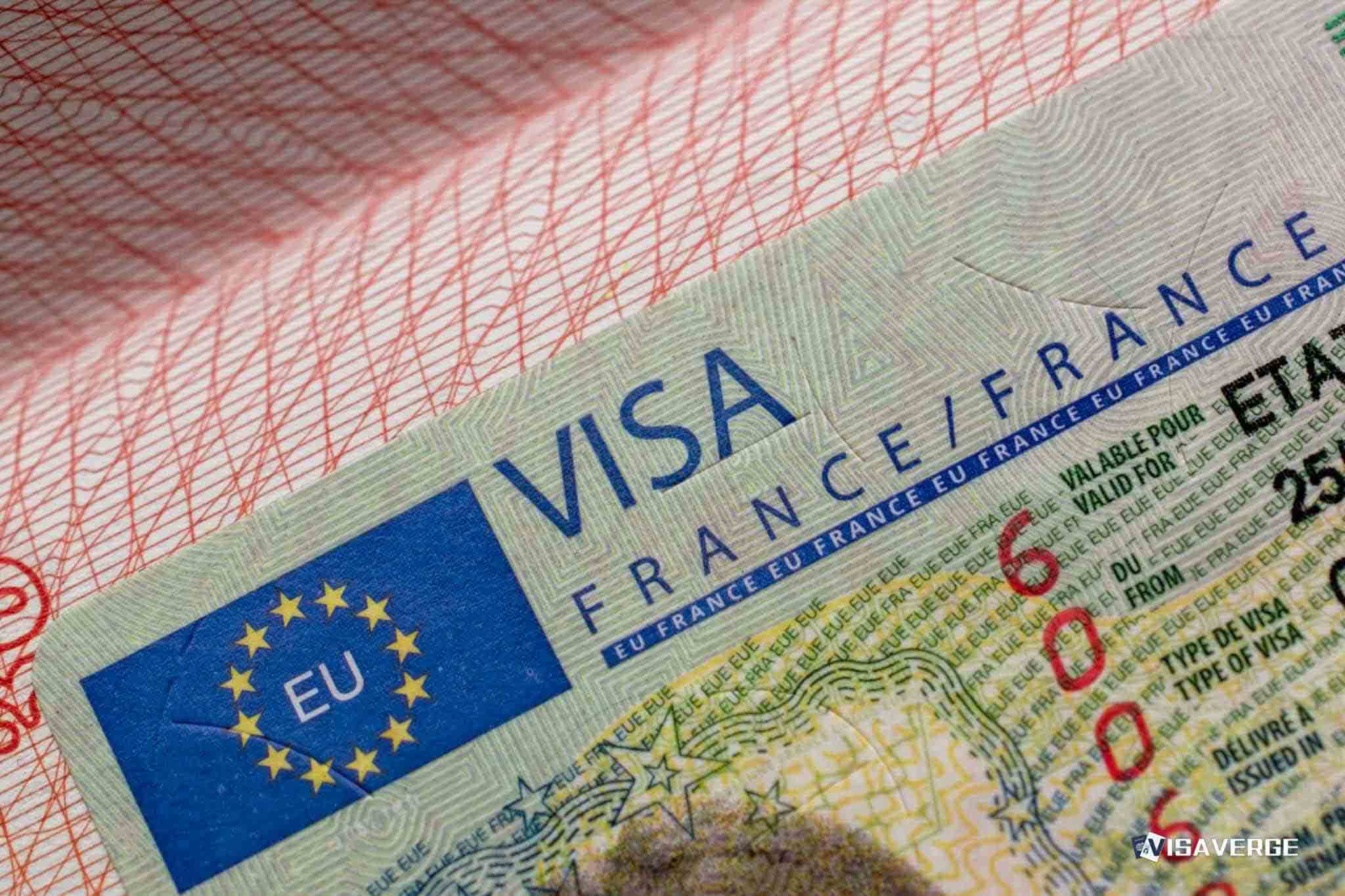Understanding Labor Certification and the I-140 Petition Process
If you’re in the midst of an employment-based immigration process, understanding Labor Certification and the I-140 Petition is crucial. These are foundational steps in securing a green card for work-related reasons in the United States.
Labor Certification: The First Critical Step
Labor Certification is a certification issued by the Department of Labor (DOL) confirming that there are no suitable U.S. workers available for the job you’re being offered, and hiring a foreign worker will not negatively affect wages or working conditions for U.S. workers. This certification is typically required before an employer can file an Immigrant Petition for Alien Worker (Form I-140) with the U.S. Citizenship and Immigration Services (USCIS).
The completion of the Labor Certification process is pivotal. It demonstrates that you are not displacing any eligible American worker and that your employment will contribute positively to the U.S. labor market.
What Causes I-140 Processing Delays?
The I-140 is an immigration form used to petition an immigrant visa for foreign nationals and is a step following Labor Certification. Here are some common reasons for an I-140 processing delay:
- High volume of applications
- Incomplete or incorrect paperwork
- Security checks and background clearances
- Changes in immigration law or policy
Taking Action when Faced with an I-140 Processing Delay
Facing an I-140 processing delay can be frustrating. However, there are proactive steps you can take:
- Check Your Case Status Online: Use the USCIS Case Status Online tool to monitor the status of your application.
- Submit an Inquiry: If your case is outside the normal processing time, you can submit an inquiry with USCIS.
-
Inquire with a Lawyer: Consider consulting an immigration lawyer to ensure your case is proceeding correctly and explore potential remedies.
-
Request Congressional Assistance: You have the option to seek help from a U.S. Senator or Representative’s office. They can sometimes inquire on your behalf and expedite the process.
-
Stay Informed: Legal avenues and policies can change, staying informed and compliant with the latest immigration procedures is essential.
Immigration Application Issues: The Larger Picture
Labor Certification and I-140 processing delays fall under the broader category of immigration application issues. These can be caused by a myriad of reasons ranging from errors in application to changes in immigration laws. Properly preparing your application and responding expeditiously to any requests from USCIS can help mitigate some of the delays.
Remember, the sooner an issue is identified and addressed, the higher the chance of a favorable outcome. Be sure to document all communications with authorities and keep copies of all documents related to your case.
Additional Resources for Navigating Immigration Challenges
If you’re experiencing delays or facing issues with your Labor Certification or I-140 petition, it’s crucial to access reliable resources:
- U.S. Department of Labor
- U.S. Citizenship and Immigration Services
- American Immigration Lawyers Association
Engaging with official immigration websites and resources, or seeking professional guidance, can help navigate the complex terrain of immigration procedures.
Conclusion
Labor Certification and subsequent I-140 petition are essential elements of the employment-based immigration pathway. While encountering delays can be stressful, taking an organized and informed approach to resolve issues is the key. Stay patient, stay persistent, and use the resources available to you for the best chances of success.
So there you have it, the lowdown on Labor Certification and the I-140 Petition. It can feel like navigating a maze, but don’t lose hope! Check out visaverge.com for more handy tips to keep you laughing and on track during your immigration journey. Stay informed, stay positive, and know that you’ve got this! Cheers, my tech-savvy friend!
FAQ’s to know:
FAQ 1: What is Labor Certification and why is it important in the I-140 Petition process?
Answer: Labor Certification is a certification issued by the Department of Labor (DOL) to confirm that there are no suitable U.S. workers available for a job offered to a foreign worker. It is a crucial step before filing an I-140 Petition with the USCIS. Labor Certification demonstrates that hiring a foreign worker will not negatively impact wages or working conditions for U.S. workers, and that the employment will contribute positively to the U.S. labor market.
FAQ 2: What are some common reasons for I-140 processing delays?
Answer: Some common reasons for I-140 processing delays include a high volume of applications, incomplete or incorrect paperwork, security checks and background clearances, and changes in immigration law or policy. These factors can contribute to delays in the processing of I-140 petitions.
FAQ 3: What proactive steps can be taken to address an I-140 processing delay?
Answer: If you are facing an I-140 processing delay, you can take proactive steps such as checking your case status online using the USCIS Case Status Online tool, submitting an inquiry to USCIS if your case is outside the normal processing time, consulting an immigration lawyer to ensure your case is proceeding correctly and explore potential remedies, seeking help from a U.S. Senator or Representative’s office, and staying informed and compliant with the latest immigration procedures. These actions can help you navigate the delay and potentially expedite the process.
What did you learn? Answer below to know:
- True or False: Labor Certification is a certification issued by the Department of Labor (DOL) confirming that hiring a foreign worker will not negatively affect wages or working conditions for U.S. workers.
- Which of the following is NOT mentioned as a common reason for I-140 processing delays?
a) High volume of applications
b) Incomplete or incorrect paperwork
c) Security checks and background clearances
d) Changes in immigration laws - What proactive step can you take if your I-140 processing is delayed beyond the normal processing time?
a) Check your case status online
b) Submit an inquiry with USCIS
c) Inquire with a lawyer
d) Seek help from a U.S. Senator or Representative’s office









